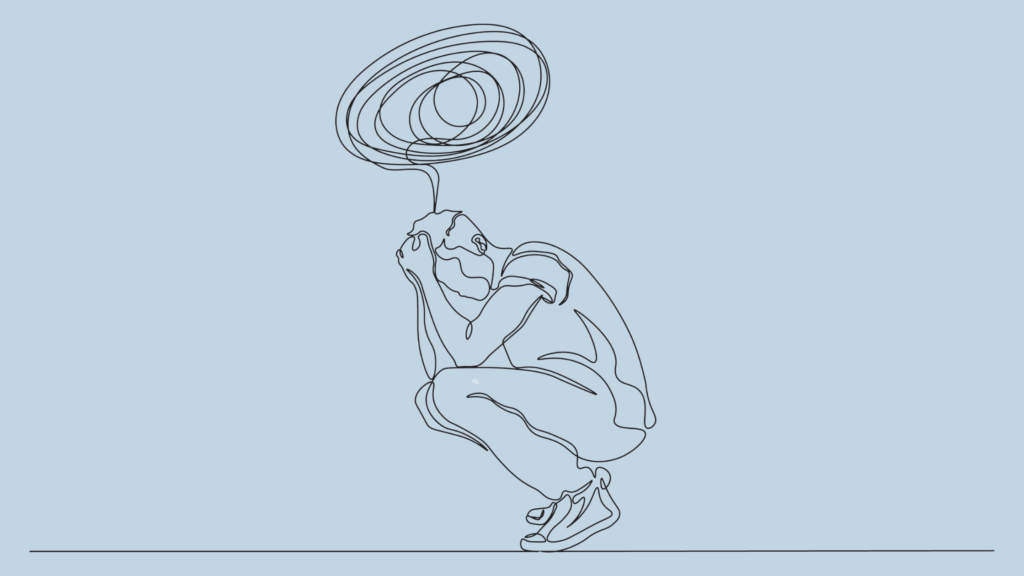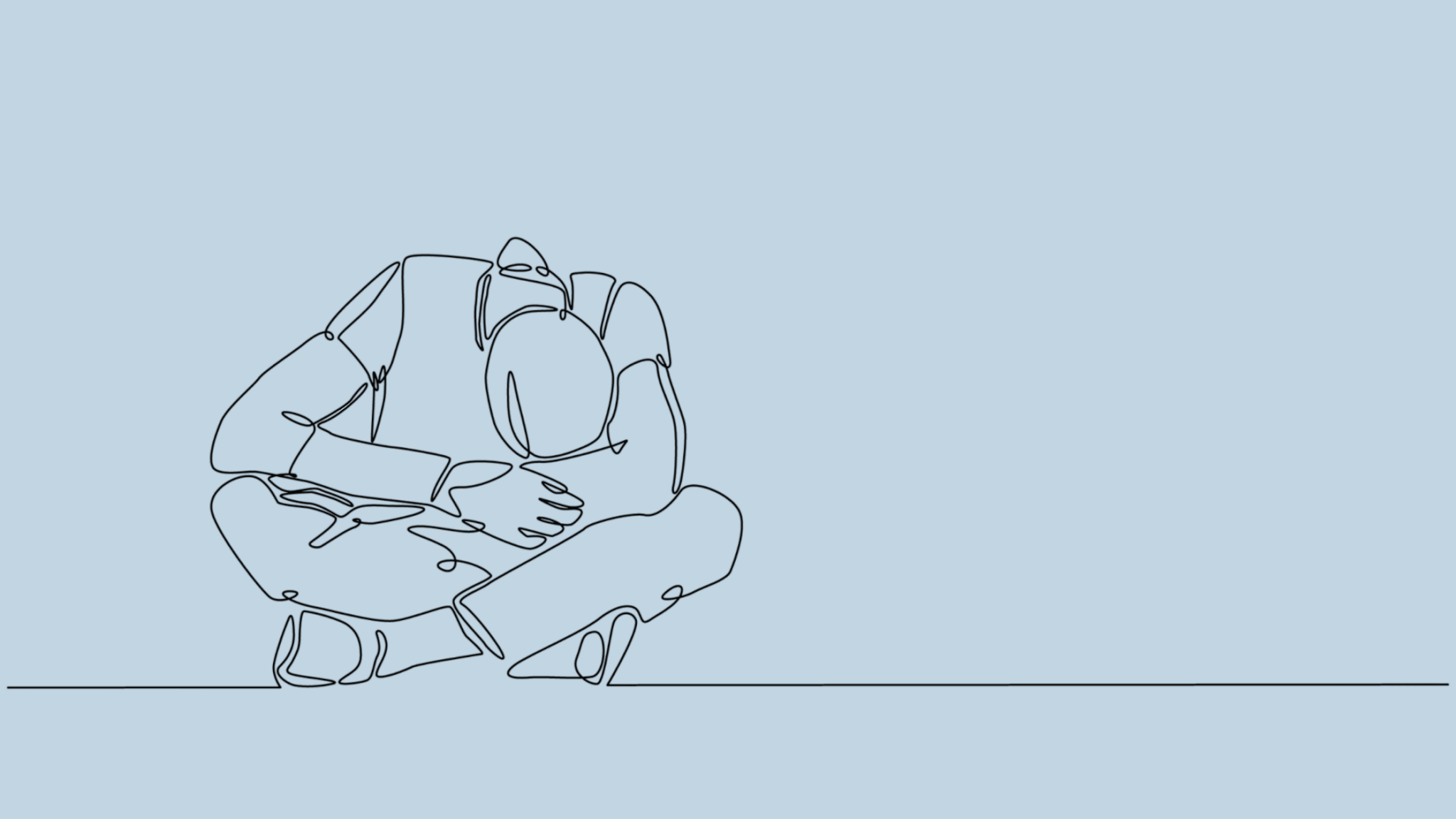The construction industry is known for being steeped in macho culture. Unfortunately, it’s also known for high rates of depression and suicide, which means you or your coworkers may be suffering in silence instead of asking for help. You can take action by understanding contributing factors to depression in the construction industry, like stigma, substance abuse, and work-related stressors. Common symptoms of depression include hopelessness, irritability, and changes to sleep and eating habits.
The state of mental health in construction
Research from the British Columbia-based Construction Industry Rehabilitation Plan organization shows that 83% of construction workers have experienced a “moderate to severe mental health issue.” Similarly, a Centres for Disease Control and Prevention report shows construction has one of the highest rates of suicide out of all industries.
While it’s common to complain to your workplace buddies about a sore back or a wicked hangover, it’s rare to speak openly and honestly about mental health issues. Only 18% of construction workers said they feel comfortable discussing mental health with coworkers. So, while your crew might seem (and say) they’re doing fine, the truth might be a different story.
Depression and construction workers

Depression is widespread among those employed in construction. In 2023, almost 18% of American adults reported they were currently experiencing depression, while a 2024 report authored by the US National Institute for Occupational Safety and Health (NIOSH) stated that almost half of the construction workers surveyed had experienced depression in the past or were currently struggling with the issue.
Despite depression being one of the most common mental illnesses, construction workers are reluctant to speak about their struggles. Unfortunately, they are also often dealing with several different factors that can increase the risk of depression and other mental health issues.
Stigma
While there is widespread stigma about mental health issues in general, the nature of construction work and the fact that almost 94% of workers are male may make this industry more susceptible to it. Intense work environments and the pressure to simply shut up, grind through, and get the work done means that it isn’t always easy for those in construction to ask for help with mental health struggles.
Substance abuse
In addition to industry-leading levels of suicide, the construction sector also struggles with substance abuse. Roughly 16.5% of construction workers report heavy alcohol use, and construction workers had the highest rates of drug overdose death rates of any industry. Abusing drugs and alcohol can increase the risk of several mental health conditions, including depression.
Work-related stressors
Working construction isn’t your typical 9-5. Factors like unpredictable hours, job insecurity, physically demanding tasks, extreme weather conditions, working away from home, and increased risk of accidents and injury all take their toll. When compounded over months or years, these unique stressors can add up, chipping away at mental health.
Know the signs and symptoms of depression and anxiety
It’s crucial to recognize the symptoms of depression and other mental health issues like anxiety, especially when you remember that many construction workers won’t explicitly ask for help or admit they’re struggling—even to themselves. Learning the signs is also critical so you can keep an eye on your mental health and know when feeling blue turns into something more serious.
Common symptoms of depression:
- Losing interest in things you used to enjoy
- Feeling angry, irritable, or frustrated
- Sleeping too little or too much
- Feeling lost, empty, worthless, or hopeless
- Changes in appetite; weight loss or gain
Common symptoms of anxiety:
- Feeling restless, tense, or nervous
- Increased heart rate or breathing
- Trouble focusing or concentrating
- A feeling of impending doom
- Trouble sleeping or eating
How to take action
If you think you may be struggling with depression, reaching out for help is the most important thing you can do. Speak to a trusted friend, coworker, or family member and let them know what you’re feeling.
If you aren’t comfortable speaking to someone you know, you can contact a counselor through your employer’s employee assistance program (EAP) or dial 9-8-8 from anywhere in the US or Canada to speak with a trained counselor.
If you think a coworker might be depressed, offer support. Check in with them, ask how they’re doing, and make an effort to connect outside of work hours. You can also play a powerful role in breaking the stigma of mental illness by discussing your own experiences with depression or other challenges and passing on the resources listed above.
If you or someone you know is experiencing suicidal thoughts, at risk of self-harm, or may hurt others, please call 9-1-1 immediately.
Building resilience
Experiencing depression or other mental health issues like anxiety doesn’t make you weak—it makes you human. Changing the narrative on depression in the construction industry requires the strength and problem-solving skills that construction workers are known for. Be strong enough to stand up, break the stigma, and ask for help when needed



5 comments